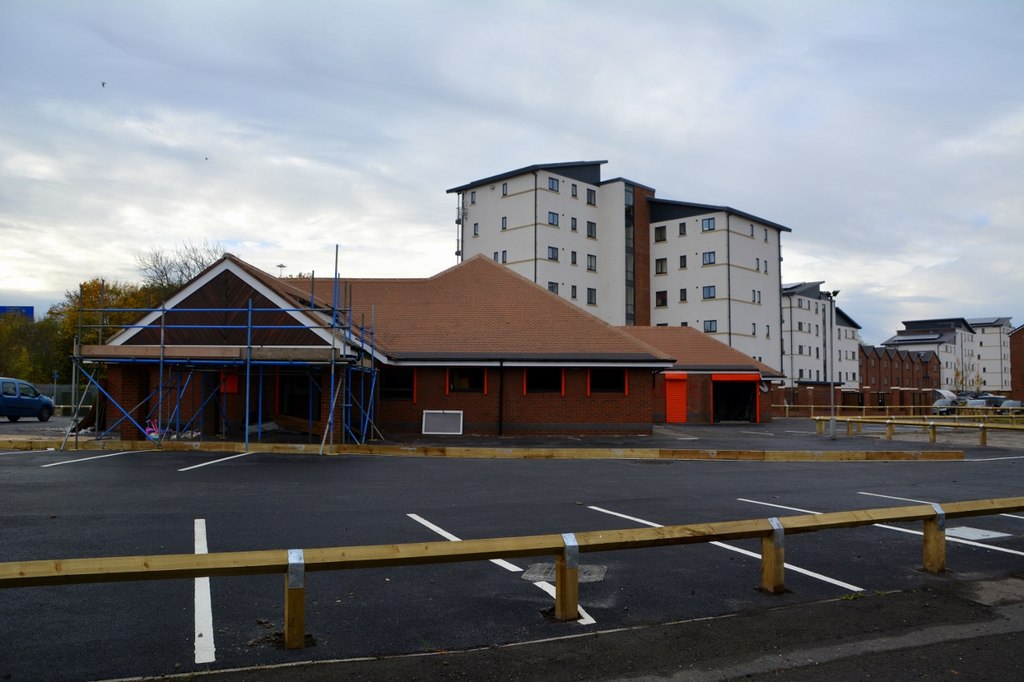

The Leeds named continued though when Leeds United were founded in 1919 and taking up residence at Elland Road.

However, they were expelled from the Football League during the 1919/20 campaign for illegal payments to players. They were founded in 1904 and were elected to the Football League a year later and during the First World War became Midland League Champions. The football content is not as prominent within Birdsong on Holbeck but is an interesting take on events at Elland Road and the brief existence of Leeds City.

Whereas in his first two books Morris was able to call on his own experiences to provide an authenticity to the writing, in this third book, the author has had to rely more on research about the period to provide the same effect, and once again he succeeds creating a realistic feeling of setting for Leeds in the late 1910’s for his crime fiction.Īs ever the writing is tight within this book and Morris manages to juggle the various plotlines effectively. There is rationing and food shortages and Spanish flu is ravaging the city At Elland Road Leeds City are struggling to explain how they funded an influx of ‘guest’ players who enabled them to win the 1917/18 League Championship, at a time when match fixing was rife.” As the author detailed in his interview with FBR the backdrop to the story is, “a time of upheaval in Leeds…the war is coming to an end, the Leeds Pals were virtually wiped out on the first day of the Somme and families are struggling to cope with the aftermath of that. The first two are a mix of fact and fiction surrounding the events of Leeds United’s promotion clinching win down at Bournemouth in May 1990 and then picking up with both the club and some of the characters two years later.įor Birdsong on Holbeck Moor readers are taken back to the period in and around the First World War. This is the third book from Billy Morris, with his debut novel Bournemouth 90 and its follow-up LS92 both reviewed on FBR.


 0 kommentar(er)
0 kommentar(er)
